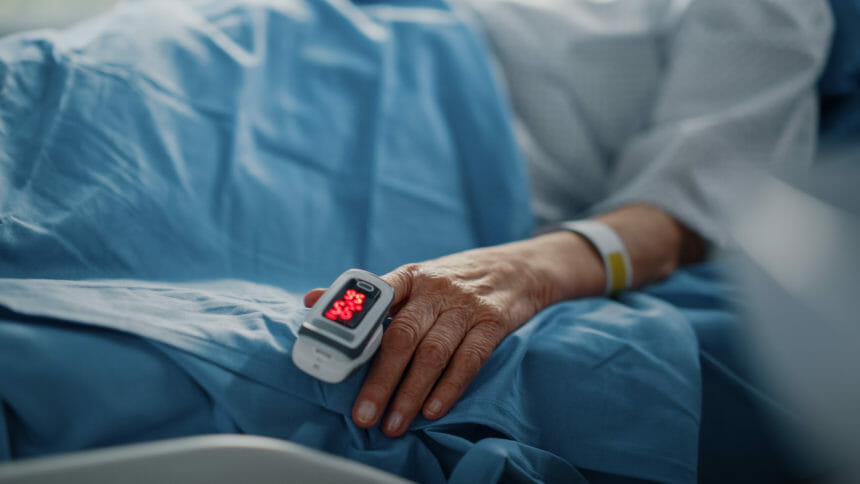
Socially vulnerable individuals are experiencing poorer COVID-19 outcomes because they are less likely to be vaccinated, according to a new study.
Investigators examined electronic health records and immunization data from adults in the United States, aged 18 years and older. Social vulnerability was calculated using a standardized index from the Centers for Disease Control and Prevention across four themes: socioeconomic status; household composition and disability; minority status and language; and housing type and transportation.
“Initial COVID-19 vaccination coverage remains lower in communities with higher social vulnerability and booster rates are even lower,” Brian Dixon, PhD, MPA, of the Regenstrief Institute and the University of Indiana reported. At the same time, he and his colleagues found no differences in vaccine effectiveness between those who are socially vulnerable and those who are not.
In addition to being less likely to be vaccinated, socially vulnerable people also may have higher odds of contracting COVID-19 because they are more likely to live within dense populations, travel via public transportation and hold jobs with face-to-face interaction, the researchers said. What’s more, fewer resources to seek medical care ups the chances of experiencing adverse COVID-19 outcomes, said researcher Katie Allen, BS, a data scientist with Regenstrief Institute.
The results highlight the need for continued public health efforts that focus on vaccine coverage as well as vaccine effectiveness, Allen and colleagues concluded.
The study was published in Clinical Infectious Diseases.
Related articles:
CMS: Lapses in vaccine compliance to trigger ‘aggressive’ enforcement




